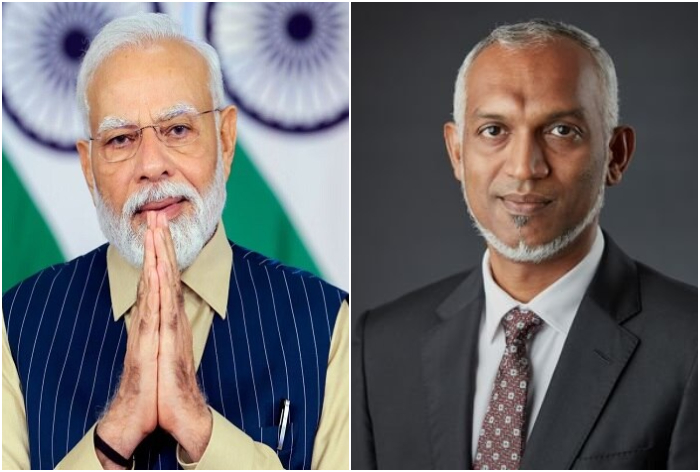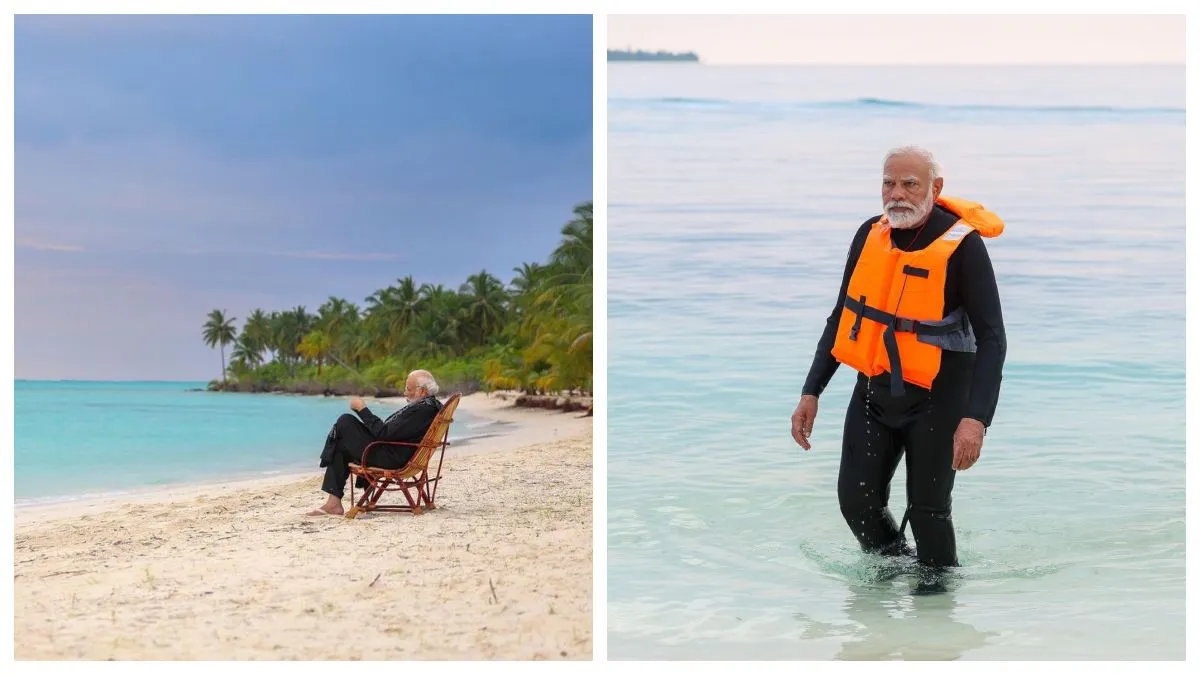A virtual exchange of verbal hostilities sparked by Prime Minister Narendra Modi's online promotion of tourism in the Lakshadweep islands has swiftly transformed into a diplomatic dispute between India and the Maldives, further straining the already tense relationship between the two Indian Ocean neighbors.
What started as a social media dispute involving derogatory comments about the nation and Prime Minister Modi, including a post labeling the PM as a "clown," escalated into real-world consequences last week. The situation led to the suspension of three Maldivian Ministers central to the controversy, fueled by strong public criticism on social media. The tension heightened on Monday, January 8, as India conveyed serious concerns through diplomatic channels. Simultaneously, the travel industry witnessed a suspension of bookings to the island nation, and Indian users and celebrities promoted the 'boycott Maldives' hashtag in protest.
Some individuals in the Maldives criticized Prime Minister Narendra Modi's visit to nearby Indian islands, perceiving it as an effort to divert tourists from their nation. The controversy began with a picturesque image of Modi relaxing on a pristine beach, provoking strong reactions from Maldivian officials. Modi aimed to showcase the natural beauty of Lakshadweep, an Indian territory close to the Maldives. However, his positive comments were interpreted as a threat by the Maldives, sensitive to any perception of influence from India. The social media dispute escalated with accusations against Modi, leading to coordinated backlash from high-profile Indians. This prompted an Indian travel portal to join a travel boycott to the Maldives, ultimately resulting in the suspension of Maldivian officials involved in offensive remarks against India.
Since the 1970s, the Maldives has emerged as a favored resort destination for the global jet set, generating $3 billion in tourism revenue in 2019, constituting roughly a quarter of its national economy. With the halt of outbound Chinese tourism due to pandemic-related lockdowns, India became the primary source of high-spending visitors for the Maldives. Previously, the smaller Lakshadweep islands, under Indian administration, received minimal attention, welcoming only around 10,000 visitors annually, primarily Indian. In 2021, the Modi government signaled a recognition of untapped potential in Lakshadweep, aiming to position its coral-shaped lagoons as an alternative to the Maldives, challenging the economic backbone of the smaller country.
As the verbal conflict with India intensified, some Indian celebrities pledged to limit their luxury vacations to India's shores. Concurrently, the newly elected president of the Maldives, Mohamed Muizzu, embarked on a pre-planned five-day state visit to China. While the trip was arranged in advance, tensions with India were already a prominent aspect of the agenda.
The Maldives, like several other countries in South Asia, has long been navigating the currents of great-power competition between India and China. Successive governments have leaned either towards pro-China policies, as seen during Abdulla Yameen's tenure from 2013 to 2018, or pro-India stances, exemplified by the administration led by Ibrahim Mohamed Solih until November. Mr. Muizzu, who won the elections, campaigned with a platform of "India Out."





Comments (0)